Delhi High Court Stays FSSAI Ban on Sugary ORSL Drinks, Allows ₹180 Crore Stock Sale
FSSAI Ban on Sugary ORSL: The Delhi High Court has granted major relief to JNTL Consumer Health (India) Pvt. Ltd., the company behind the popular ORSL drink. The court stayed the Food Safety and Standards Authority of India’s (FSSAI) ban on sugary ORSL beverages and permitted the company to sell its existing stock worth nearly ₹180 crore until the final hearing.
Why did FSSAI issue the ban?
FSSAI issued an order in October 2025 restricting the use of the term “ORS” or “ORSL” on drink labels unless the product followed the WHO-approved ORS formula. According to WHO, a genuine ORS must contain a fixed ratio of sugar, salts, and electrolytes to properly rehydrate the body. However, several commercial drinks on the market contained excessive sugar and insufficient electrolytes, making them unhealthy and even risky during dehydration — especially for children.
Company’s argument in court
JNTL argued that the FSSAI revoked permission without giving the company a fair hearing, violating the principles of natural justice. The company also informed the court that sudden enforcement would cause a loss of ₹180 crore, as its large stock would become unsellable. Considering these factors, the Delhi High Court granted interim relief, allowing JNTL to sell its existing stock until the FSSAI reviews the company’s representation and issues a final decision.
Doctors and experts raise health concerns
While the company gained legal protection, several doctors and child health experts raised red flags. They warned that using the word “ORS” for sugary drinks misleads consumers into thinking they are buying a medical-grade oral rehydration solution. Instead, these drinks, packed with high sugar content, can worsen dehydration rather than cure it.
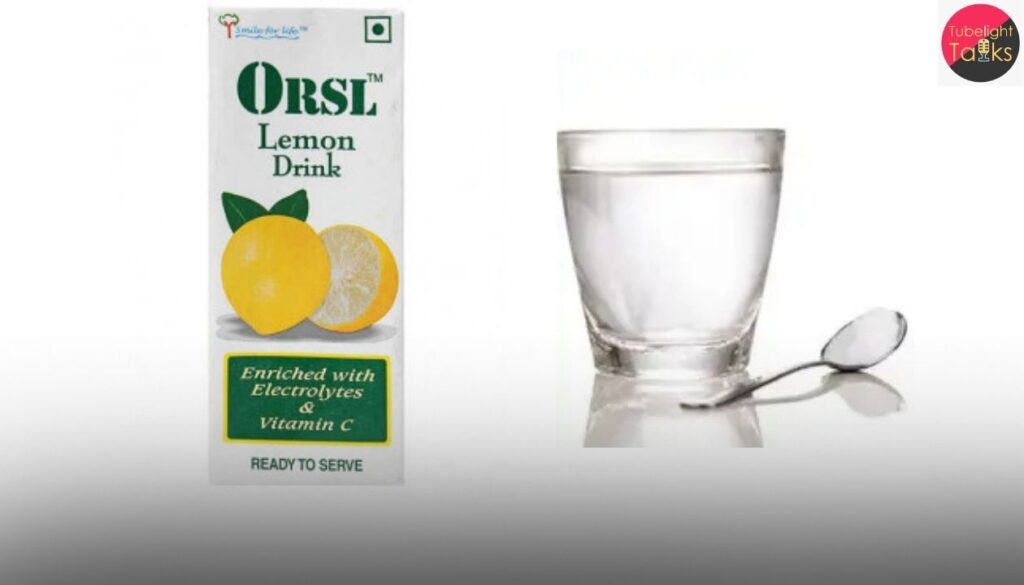
According to WHO standards, a genuine ORS contains only about 13.5g of glucose per litre, along with specific amounts of sodium, potassium, and citrate. In comparison, some commercial drinks labeled as “ORS” contain more than 100g of sugar, making them closer to soft drinks than therapeutic solutions.
What the court said
The High Court stated that FSSAI’s October order will not apply to JNTL until the company’s case is properly heard. For now, JNTL can sell its current inventory, but cannot begin new production using the “ORS” brand name. The case will continue until the final judgment.
What lies ahead
The next step will be a detailed review by FSSAI. The authority will need to clarify its regulations on the usage of the term “ORS” to prevent companies from misleading consumers. People are also advised to be cautious while purchasing such drinks — every “ORS” label does not guarantee a genuine formula.
Also Raed: FSSAI’s ‘ORS’ Ban: The $21 Million Question—Will Child Safety Trump Corporate Stockpile?
Role of Sant Rampal Ji Maharaj in Life
Sant Rampal Ji Maharaj always teaches that truth, purity, and honesty should guide every aspect of human life — including health, food, and business. He explains that real welfare comes only when people act with complete truthfulness, without cheating or misleading others for profit. His divine teachings inspire people to follow a pure lifestyle — free from deceit, harmful addictions, and falsehood — ensuring both physical and spiritual well-being. If society truly listens to the satsang of Sant Rampal Ji Maharaj and follows His divine principles, no company would sell misleading products, and no consumer would suffer due to false information.
Conclusion
This case reflects the delicate balance between public health safety and corporate rights. The primary role of FSSAI is to protect citizens from misleading or unsafe products, while companies often defend their business interests. The Delhi High Court’s interim decision offers a middle path, safeguarding both due process and business rights — until the final judgment is delivered.
FAQs
1. What was the FSSAI’s ban about?
FSSAI prohibited the use of “ORS” in drink labels that do not meet the WHO-recommended formula, citing public health concerns and consumer confusion.
2. Why did the Delhi High Court stay the ban?
The court found that FSSAI withdrew permissions without giving JNTL Consumer Health a fair hearing, violating due process.
3. How much stock is JNTL allowed to sell?
The company can sell its existing inventory worth around ₹180 crore while the case is under review.
4. Are these sugary ORSL drinks safe?
Doctors warn that they contain excessive sugar and do not replace electrolytes properly. They are not suitable substitutes for WHO-approved ORS, especially for children.
5. What happens next in this case?
FSSAI must review JNTL’s representation before taking a final decision. The interim stay will remain in effect until then.
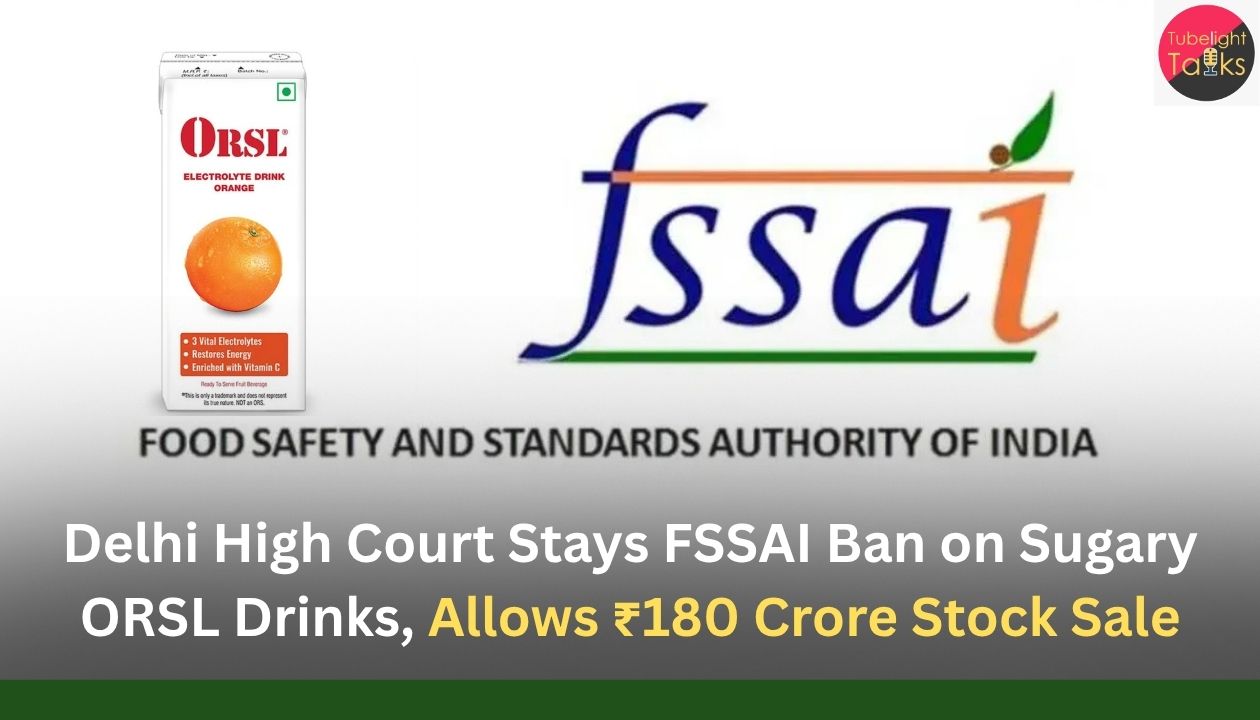





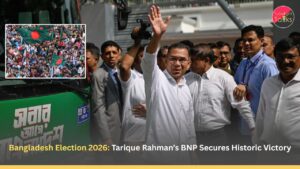


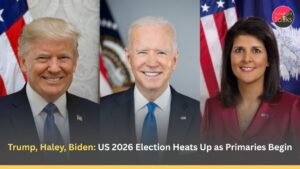
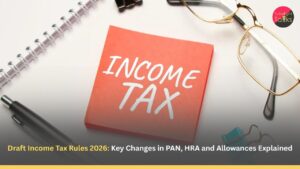
Discussion (0)